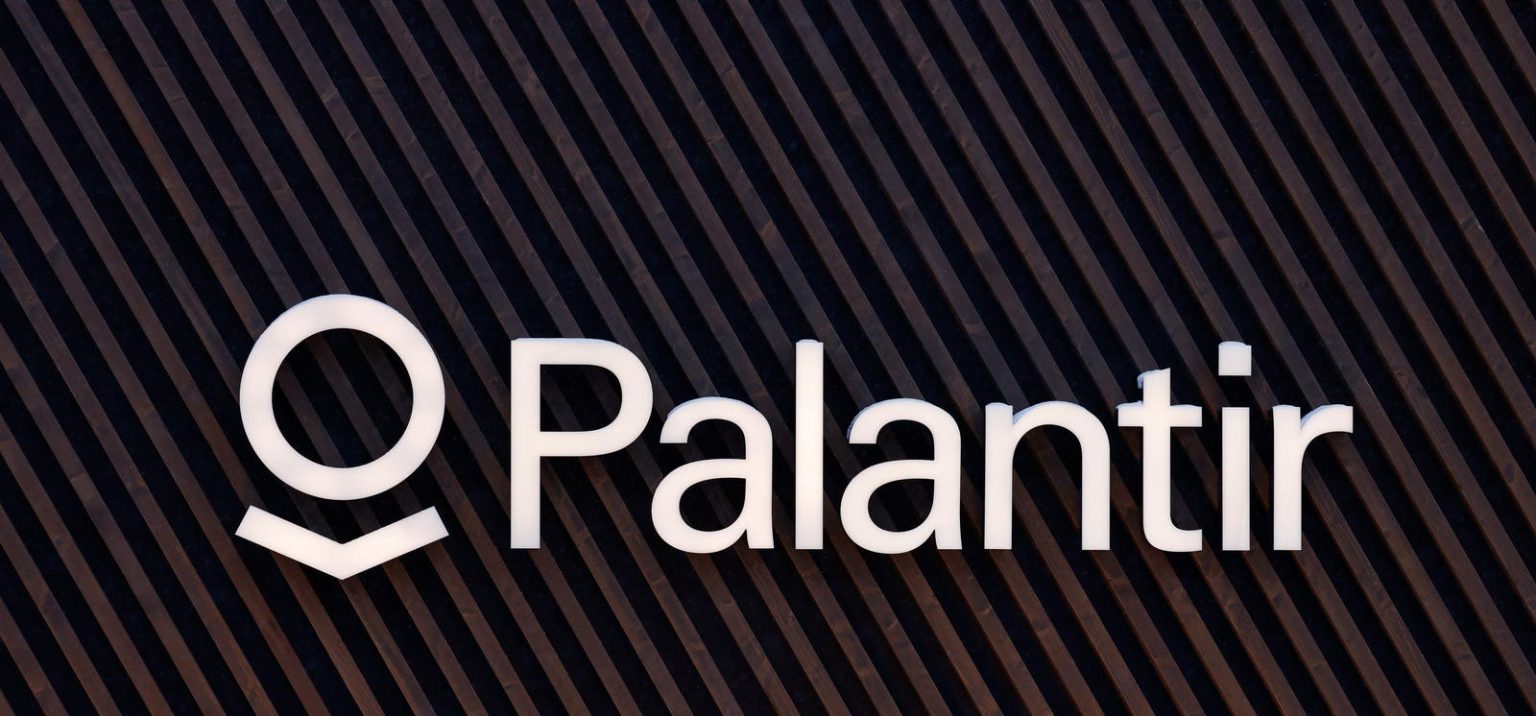Shares of Palantir Technologies (PLTR) experienced a 15% post-earnings selloff despite reporting optimistic first-quarter results and raising the full year outlook. The stock had seen a significant rally of over 200% in the past year, sparking concerns of overvaluation among analysts, who rated PLTR between a Hold and Moderate Sell, dampening investor sentiment towards Palantir’s AI tools.
PLTR’s stock history has been volatile, starting at a $10 IPO price in September 2020, surging to $39 in early 2021, then plummeting to an all-time low of $6 in late 2022, before recovering slightly. Palantir’s revenues have traditionally come from government contracts, with its commercial business now rapidly growing. The company’s latest offering, the AI Platform (AIP), is gaining traction and driving demand for generative AI applications, with CEO Alex Karp highlighting the unprecedented interest in AIP.
Palantir’s first-quarter earnings showed positive results, with the company achieving GAAP profitability for the sixth consecutive quarter and raising guidance for fiscal year 2024. The U.S. commercial segment, a key indicator of growth, outperformed international revenues, driven by the success of AIP. Palantir’s Rule of 40 Score increased, indicating strong revenue growth and profit margins, which could lead to higher valuation multiples in the market.
The post-earnings selloff in PLTR’s stock was triggered by concerns of overvaluation and the perception that growth may not be robust enough to justify the high stock price. While Palantir has a track record of rallying following earnings beats, any slight misses have led to steep declines in the stock price. Palantir’s profitability trends are gaining momentum, with the company on track to achieve continued growth and profitability in the future.
Investment considerations for PLTR stock include the company’s strengths such as strong demand for its AI solutions, mission-critical nature in government contracts, and potential resilience during downturns. However, risks include macroeconomic headwinds in Europe, Palantir’s decision not to engage with China, and competition in the market. Overall, Palantir’s long-term outlook remains positive, supported by secular AI trends and continued profitability.
In conclusion, Palantir Technologies’ recent post-earnings selloff highlights the challenges of investing in high-growth stocks in the AI sector. While the company has shown positive results and growth potential, investors should be cautious and consider the risks before making investment decisions.


